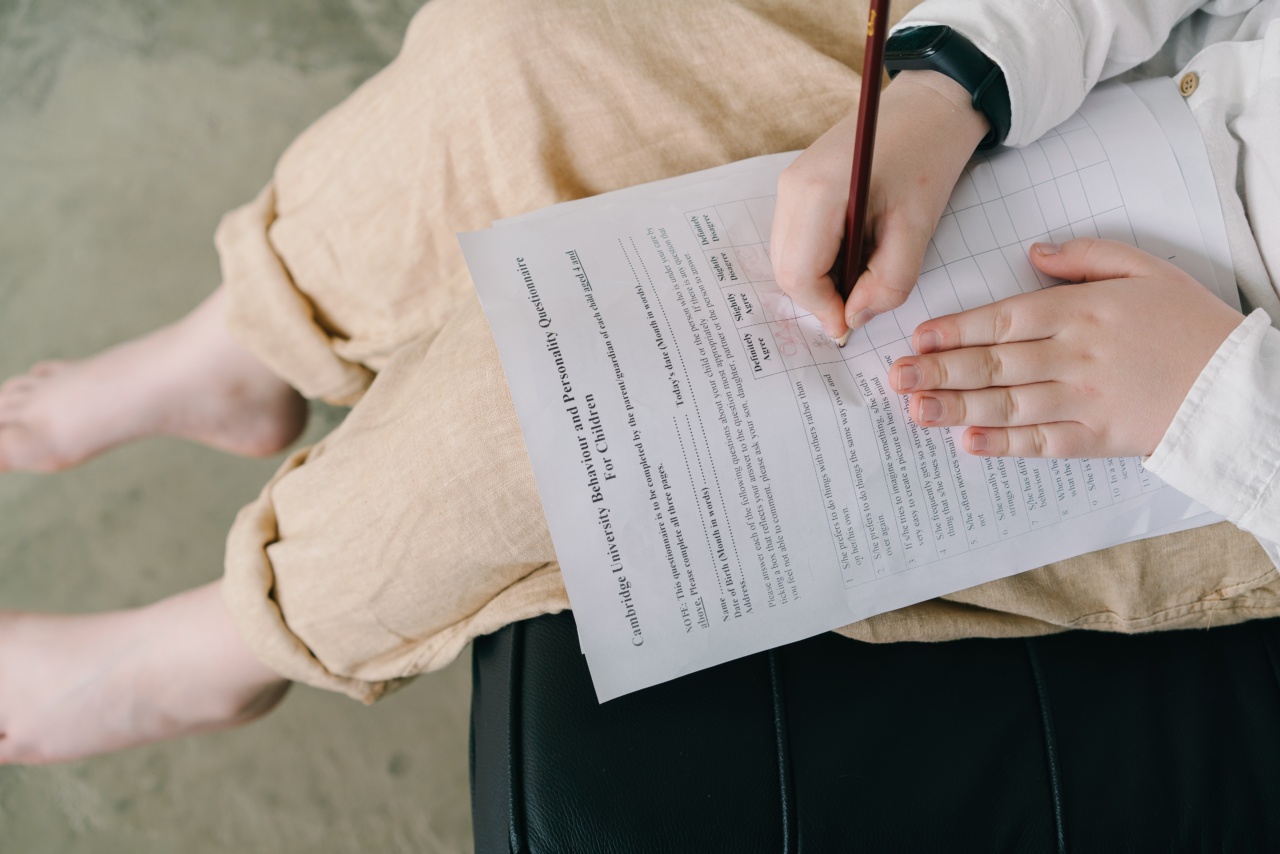Mental health issues in childhood are becoming a growing concern all around the world.
Even though most people tend to think that young children are immune to mental disorders, research indicates that an increasing number of kids suffer from disorders such as anxiety, depression, and ADHD amongst others. Childhood mental health problems can impact young people developmentally and can have lasting effects that extend to adulthood.
Therefore, it is essential to address children’s mental health issues to ensure that they grow up to be healthy and productive adults.
What are the most common Childhood Mental Health Issues?
There are several types of mental health disorders that can affect children and adolescents. These include:.
- Depression: Depression is a mental health disorder that can affect anyone, including children. It is characterized by persistent feelings of sadness and a lack of interest in activities previously enjoyed.
- Anxiety: Anxiety can manifest itself in different ways in children, including excessive worry, fear, and feelings of dread. Anxiety can interfere with children’s thinking, daily routines, relationships, and schoolwork.
- Attention Deficit Hyperactivity Disorder (ADHD): ADHD is a neurodevelopmental disorder commonly diagnosed in childhood. Kids with ADHD may have trouble paying attention, controlling their impulses, and staying still.
- Eating disorders: Conditions such as Anorexia and Bulimia are common in young children, and their prevalence increases as children reach adolescence. Eating disorders can affect both boys and girls, leading to severe health issues.
- Autism Spectrum Disorder: ASD is a developmental disorder characterized by repetitive behaviors, communication difficulties, and social challenges. It affects how a child perceives and processes information, making it difficult for them to interact effectively with others.
Effects of Childhood Mental Health Issues
Mental health issues in childhood can have significant and lasting effects on young people, particularly if they remain untreated.
The effects can manifest themselves in several ways, including:
- Lower academic performance: Children with mental health issues may struggle to concentrate, learn new skills and have trouble with abstract thinking.
These issues may lead to lower grades and academic struggles.
- Inability to form relationships: Many children with mental health issues have social difficulties, making it hard for them to form healthy relationships with their peers.
This can carry on into adulthood, leading to feelings of loneliness and social isolation.
- Behavioral Problems: Kids with mental health problems often experience behavioral issues such as aggression, defiance, and poor impulse control.
These issues can lead to conflict with parents, teachers, and peers, and even the authorities.
- Physical health problems: Not only do mental health issues affect children’s emotional well-being, but they can also impact their physical health.
Poor mental health can lead to fatigue, insomnia, somatic symptoms, and other health concerns.
- Mental health concerns in adulthood: Studies have shown that children who experience mental health issues are more likely to continue suffering from them in adulthood.
Issues such as anxiety, depression, and ADD can lead to impaired functioning and numerous psychiatric problems as an adult.
Treatment for Childhood Mental Health Issues
The treatment of mental health issues in childhood requires a comprehensive approach that involves several professionals, including therapists, counselors, and psychiatrists. The following therapies and treatments may be helpful in treating childhood mental health problems:.
- Talk therapy: Psychotherapy helps children learn coping strategies and develop problem-solving skills in a supportive environment. It also provides an opportunity for children to express feelings and emotions and learn how to communicate effectively with others.
- Behavioral therapy: This type of therapy is designed to help improve children’s behavior, including controlling their impulses, paying attention, and following rules. Behavioral therapy can be particularly effective in treating ADHD and oppositional defiant disorder.
- Family therapy: Family therapy involves working with the child and their family to help them understand what is happening and develop strategies to work towards treatment goals as a team.
- Medication: When necessary, medication can be prescribed to treat childhood mental health issues. Specific medications may be beneficial in treating anxiety, ADHD, and depression amongst others. A qualified and licensed health professional should prescribe medication.
Preventing Childhood Mental Health Issues
Prevention is always better than cure, and it is essential to create environments that foster good mental health in our children. Some strategies that can be employed to prevent childhood mental health issues include:.
- Fostering a Positive Environment: Children thrive in environments where they feel safe and supported. Parents and caregivers should create such environments by providing love, support, and structure that helps reduce stress for children.
- Teaching good coping strategies: Teaching children healthy coping mechanisms for coping with stress and anxiety from an early age can help keep childhood mental health issues at bay.
- Encourage physical exercise and hobbies: Physical exercise and participating in hobbies or activities that the child enjoys can be beneficial for mental health and help facilitate a positive attitude.
- Early intervention: The earlier a problem is addressed, the better the outcome. It is important to seek help if you suspect your child is struggling with mental health issues.
Conclusion
Childhood mental health issues can have a long-lasting effect on children and can manifest themselves in several ways, including lower academic performance, behavioral problems, and relationship issues.
If left untreated, these issues can progress into adulthood. However, there are several effective interventions and treatments available, including talk therapy, medication, and behavioral therapy that can help children revover.





























